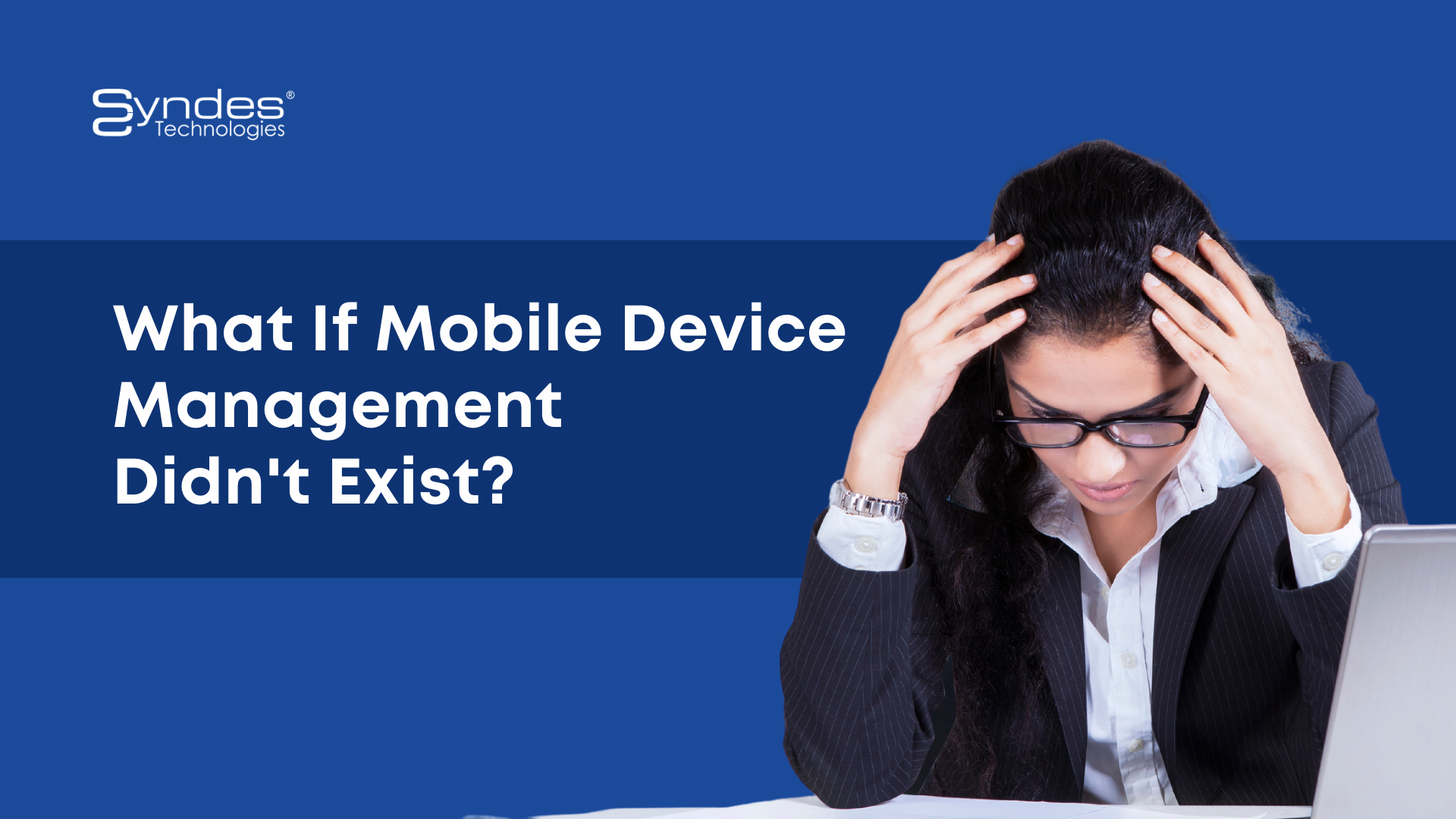
What If Mobile Device Management Didn’t Exist?
Mobile devices have become an integral part of our lives and play a crucial role in the way we work and communicate. However, with the increasing use of mobile devices in the workplace, organizations face several challenges related to the management and security of these devices. Mobile Device Management (MDM) is a solution that addresses these challenges by providing a centralized approach to manage and secure mobile devices used by employees.
However, what if MDM didn’t exist? The lack of MDM would result in several consequences for organizations and employees alike.
Let’s get to know even more about it!
Discover the Consequences: Watch Now on YouTube – “What If Mobile Device Management Didn’t Exist?
Without Mobile Device Management (MDM), organizations would face numerous challenges in managing and securing their mobile devices. The absence of MDM would severely affect the productivity and security of an organization, making it difficult to maintain compliance with industry regulations and standards. In this blogpost, we will explore the consequences of not having MDM in detail.
Lack of Security:
Security is one of the biggest concerns for organizations, especially when it comes to mobile devices. Mobile devices store sensitive data, making them a prime target for hacking and data theft. MDM provides organizations with the tools to enforce security policies and protect devices from potential threats. Without MDM, organizations would struggle to secure their devices and protect their data, leading to increased risk of data breaches.
Uncontrolled Device Access:
Without MDM, it would be challenging to monitor and control who has access to company data stored on mobile devices. MDM provides organizations with the ability to set up access controls and limit the amount of data that can be stored on a device. This is especially important for organizations that handle sensitive data, such as healthcare providers or financial institutions. In the absence of MDM, organizations would have to rely on manual methods to secure their devices, making it difficult to ensure that only authorized users have access to sensitive data.
Inefficient Device Management:
Managing large fleets of mobile devices can be a time-consuming and resource-intensive task. MDM provides organizations with the tools to manage devices centrally, making it easier to keep track of devices, enforce policies, and monitor usage. Without MDM, organizations would have to rely on manual methods to manage their devices, making it difficult to keep track of inventory, monitor device usage, and enforce policies. This would result in increased costs and reduced productivity for organizations.
Inability to Enforce Compliance:
MDM enables organizations to enforce compliance with industry regulations and standards, such as HIPAA for healthcare or PCI for financial institutions. Without MDM, organizations would struggle to maintain compliance with these regulations, putting them at risk of legal and financial penalties. MDM provides organizations with the tools to ensure that devices are configured in compliance with regulations, making it easier to maintain compliance and reduce the risk of penalties.
In conclusion, the absence of Mobile Device Management (MDM) would have a significant impact on organizations, making it difficult to secure devices, manage them efficiently, and maintain compliance with industry regulations and standards. MDM provides organizations with the tools they need to manage and secure their devices, ultimately helping them to achieve their goals and maintain their competitive advantage.
To know more about what can MDM help for your business:
Related posts
Sorry, the comment form is closed at this time.






